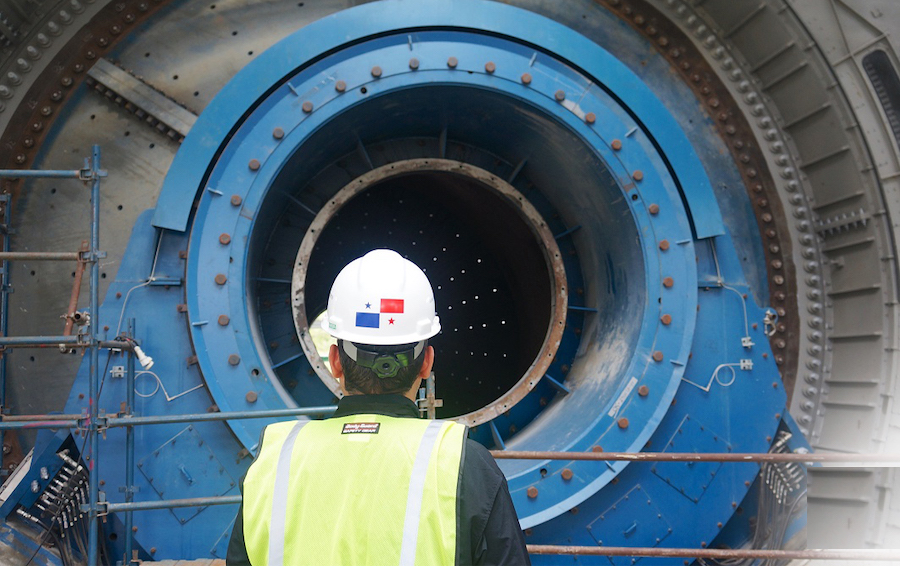Introduction
Canada-based First Quantum Minerals (TSX: FM) is navigating a complex path toward potentially reopening its Cobre Panamá copper mine, Central America’s largest open-pit operation, which has been shuttered amid legal and political challenges. The company expresses cautious optimism as Panama’s government explores options for revival under a new ownership model.
Main Body
Ongoing Negotiations in Panama
Legal talks between First Quantum and Panamanian authorities are underway to address the release of stockpiled concentrate and the reactivation of the mine’s power plant. This follows the company’s withdrawal of international arbitration cases against Panama in April, signaling a willingness to cooperate. President José Raúl Mulino has proposed a partnership model that prioritizes national ownership, cautioning that a permanent closure could take up to 15 years due to the mine’s economic significance and the tens of thousands of jobs it supports. As Mulino stated, “Let’s be smart and get the most benefit as Panamanians from a mine we already have.”
Expanding Reviews and Public Sentiment
Initially focused on environmental audits, the government’s review may now encompass financial terms, which BMO Capital Markets analyst Matt Murphy views as a potential accelerator for resolution. However, fiscal negotiations remain pending, and the suitability of Panama’s legal expertise in mining is unclear. Meanwhile, First Quantum’s efforts to improve public perception through virtual site tours—attended by 300,000 people—were halted by Mulino, who criticized the lack of government consultation and progress in resolving the dispute.
Global Context and Zambia Operations
Cobre Panamá, a $10-billion project, produced over 330,000 tonnes of copper in 2023 before its closure and was poised to become a global leader with a projected output of 100 million tonnes annually by 2024. Amidst Panama’s challenges, First Quantum is advancing its $1.3-billion S3 expansion at the Kansanshi mine in Zambia, set to boost processing capacity significantly and extend the mine’s life by over 20 years. Additionally, the company is addressing technical issues at its Sentinel mine in Zambia, demonstrating resilience in its broader operations.
Analysis and Questions
The situation in Panama reflects broader global tensions around resource nationalism, a hot topic as countries seek greater control over critical minerals like copper, essential for the green energy transition. Will Panama’s push for national ownership deter foreign investment, or can a balanced partnership model emerge as a blueprint for other nations? Furthermore, the halt of virtual tours raises questions about transparency and community engagement—how will First Quantum rebuild trust without such initiatives? Objectively, while the company’s withdrawal from arbitration shows goodwill, the lack of clarity on fiscal terms and legal expertise could prolong uncertainty.
